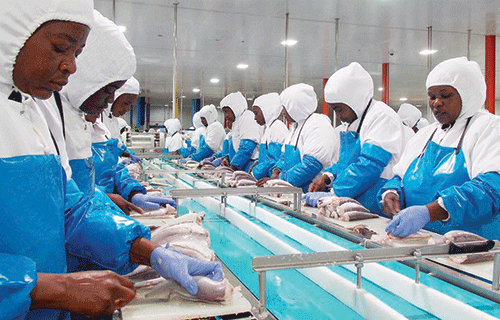A workshop leading to a project launch of ‘Decent Work in Trade and Investment Agreements: Role and Actions of Trade Unions in Africa’ was concluded in Windhoek recently. A four-year project by the International Labour Organisation (ILO) targets Namibia, Rwanda, Senegal, and Uganda and will be executed in direct partnerships with the national trade unions.
The project aims to among others, enhance trade union organisational effectiveness and impact in the promotion of decent work in trade, industrial and investment policy formulation, implementation, monitoring and evaluation. It is also expected to unlock trade unions’ potential of active participation by timely and effectively responding to employment and decent work challenges and opportunities, both in law and practice, which are being presented by the current and future trade and investment agreements and industrial programmes and policies at national level.
The beneficiary countries will be accorded an opportunity to connect with each other in order to obtain a preliminary understanding of the debates, perspectives and status of trade and investment, industrial policy processes, agreements, employment, jobs, and decent work issues.
During the occasion, the labour minister, Utoni Nujoma, applauded the initiative, indicating the timing of the launch is impeccable, as the country is faced with the turmoil of times, namely; economic, social and political.
He further emphasised the consideration of decent work pillars being; standard and rights at work, employment creation, social protection and social dialogue as being critical guides in trade and investment aspirations.
According to Nujoma, government, employers and employees have been closely working together and had collectively overcome some challenges of common interest. “Trade unions in Namibia have always played a crucial role in national development and we wish to see their role and that of the employers even more amplified, venturing into new areas of engagements such as trade and investments for decent work creation,” the minister said.
The workshop was embraced with the attendance of senior officials from the ILO (Bureau for Workers’ Activities), trade unions and employers’ organisations, national and inter-governmental institutions, including the labour ministry, researchers, labour educators as well as representatives of trade unions from Rwanda, Senegal and Uganda.



